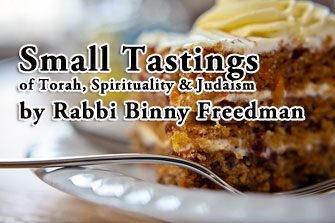
Sparks – by Rabbi David Aaron
A Short-Cut to a Life of Blessings
You get what you give
“Thou shalt not harden thy heart, nor shut thy hand from your needy brother; surely open thy hand to him.”
— Deut. 15:7-8
Is there a short-cut to the spiritual wealth of life? One of the most powerful and immediate ways to connect the circuit of life, and let the blessings flow is Tzedaka, that is charity.
The Talmud teaches: "Tzedaka saves from death." When we need an incredible influx of life force — because we are facing impending physical death or impending spiritual death, the act of giving to charity can be one of the most powerful antidotes.
As proof for the statement, the Talmud tells the incredible story of the daughter of the famous Rabbi Akiva, who lived some 2,000 years ago. A star-gazer told Rabbi Akiva that his daughter would die on the day of her wedding. Rabbi Akiva replied that just because it is written in the stars...

